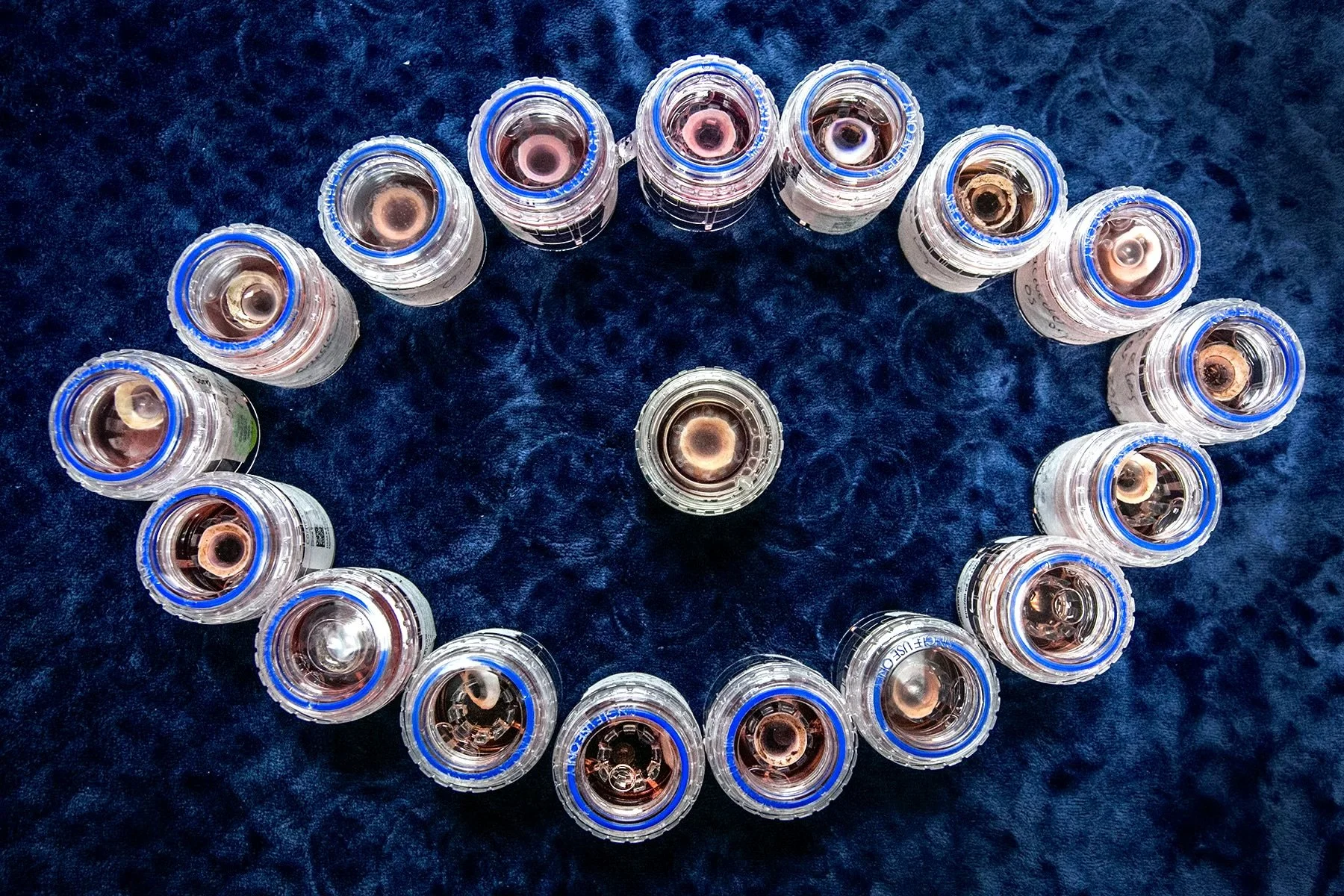
Letter to Students
By Dr. Lloyd williams
Welcome to the Duke Cataract Course! Before you get started here a letter about stress, unhealthy ways of dealing with stress and the importance of practice and muscle memory for movements.
As an eye surgeon, every day you go into the operating room, you may do something, or not do something that will lead to a patient’s blindness. This is a heavy weight and something that you must find a way to manage. First, it is paramount that one does not primarily use substances (such as alcohol) to achieve stress relief. In general, substances lead to increased stress due to the substance use and can become a downward spiral leading to patient harm and potential harm to one’s self. An example of this in its worst iteration is a surgeon in Utah where I once worked. His valium addiction lead to increased stress at work due to degrading his surgical skills. That led to increased valium use to handle the increased stress. Eventually he had his license revoked, but because of the drug habit, needed money for more drugs and began doing cataract surgery without a license in a clinic. When several patients got endophthalmitis, his illegal surgeries were exposed. He has been convicted of multiple counts of aggravated assault performing these surgeries and is expected to spend years in prison. Surely this end is not what he was planning when he first started taking valium to take the edge off of the stress.
In the training process, the stress also takes several forms. As a surgeon who is involved in training fellows and residents, and as a former fellow and resident, I have noticed some important issues related to surgical training. The first is the role of fear in learning and in surgery. As I, or my student, develop fear or anxiety during surgery, we become tense and both our dexterity and decision making suffer greatly. This leads to reduced performance and usually greater fear for the outcome and often a worse outcome than if we had been able to remain relaxed. Yelling at my students to relax does not seem to improve performance.
In “The Inner Game of Tennis” the idea is discussed that there are two selves in us, that I will call the conscious mind and the unconscious mind. In the tennis game, the conscious mind is really unable to do the calculations and mechanics of tennis in the real-time aspects of the game. Ultimately, the techniques once learned need to become a part of the unconscious mind and then the conscious mind needs to get out of the way of what the unconscious mind (body) know what to do already. Your unconscious mind already knows how to walk, breath, move, judge distances and see. Unfortunately, your unconscious mind does not know how to do eye surgery. Your conscious mind does not know how to move smoothly and comfortably – when it tries to micromanage the body’s movements, we get worse performance. So how do we address this problem? You need your conscious mind to learn surgery, but you need your unconscious mind to relax and perform the physical movements of surgery.
When I was a resident, I found that it was very difficult to focus on learning the technical/physical aspects of how to hold instruments and move instruments in the eye. These are the aspects of cataract surgery (hand positioning and instrument movements) that need to become unconscious, natural. I learned and knew what I wanted to happen in the eye. Even now, I am able to learn from watching surgery videos or watching other surgeons. However, knowing what I want to have happen in the eye and actually getting it to happen turn out to be two different things. Thus, I concluded that I needed to practice how to hold and move instruments in the wet lab until I could do those movements unconsciously, freeing my body from micromanagement of the conscious mind. This also frees my mind to focus on the actual steps of the surgery and on what is happening in the eye so that it can direct my hands and instruments to perform surgery well. The greatest benefit of the wet lab is that like in any sport, in the wet lab, the same movement can be done over and over. We can stop and study the movement and then adjust and repeat the movement till we have got it down. In the operating room, most of the movements only occur once or twice in a surgery and we may be doing only a couple surgeries in the day. This is not nearly enough repetition to allow the unconscious mind to memorize and internalize the movements of surgical instruments.
The other primary advantage of the wet lab is that the emotional context of surgery is removed. In other words, the fear of harming the patient, the fear of failure, and the fear of the disappointment of the attending surgeon are eliminated or at least greatly reduced.
The physical training in the wet lab, however, only works well if we are training correct techniques. Practice makes permanent, not perfect. Therefore, make sure you are practicing correctly. I think the problems with many of the trainers is that they train the steps of surgery, not the mechanism of movement – which is really what is best trained in the wet lab. I propose that the best wet lab training is with specific movements in the eye designed to develop intraocular dexterity with both hands conducted without causing eye movement or decreased visibility in the eye.